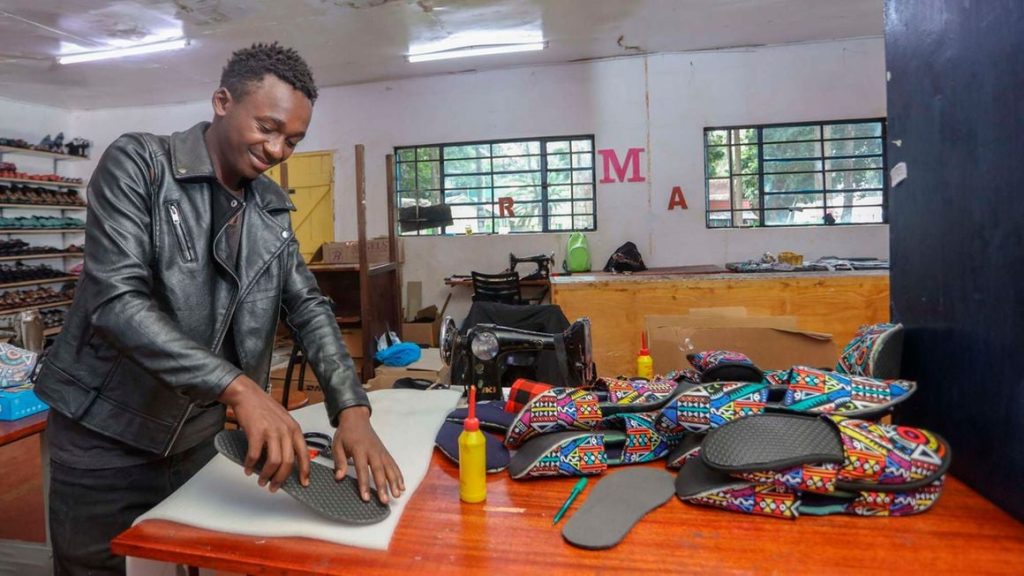Kenya has managed to overcome a global decline in funding for new companies, achieving a 17% increase in start-up investments, making it the largest destination for start-up financing in Africa. In 2023, 62 Kenyan start-ups secured around $673.78 million from local and international investors, a rise from $574.8 million in 2022, despite a general drop in funding across the continent, according to data from Disrupt Africa.
In contrast, Nigeria and Egypt, which had been leaders in start-up funding over the past decade, saw their investments decrease in 2023. This was due to a global slowdown in investments caused by various economic challenges worldwide.
The report highlights that Kenya’s total funding went up, even though the number of start-ups securing investments decreased, similar to trends in other African countries. Most of the funding in Kenya last year went to energy start-ups, particularly off-grid solar companies like M-Kopa and Sun King, which raised $465 million, or 69% of the total funding.
Additionally, 16 of the funded companies were in the fintech sector, nine were in e-commerce, seven in agriculture technology, and five each in health-tech and logistics technology. Although fewer start-ups received funding, Kenya still saw an increase in the total amount raised and the number of jobs created by the start-up ecosystem.
Twenty-five Kenyan start-ups managed to raise at least $1 million in 2023, though this was down from 49 start-ups in 2022. However, Kenya’s proportion of well-funded start-ups remained higher than in most other African countries.
Overall, the number of funded start-ups across Africa dropped from 633 in 2022 to 406 in 2023, with the total amount raised decreasing by 28%, from $3.3 billion to $2.4 billion. Among the four major start-up funding destinations in Africa, Nigeria’s investment dropped significantly, from $976 million in 2022 to $399.9 million last year. Egypt also saw a decline, from $811 million to $590 million, while South Africa experienced a rise in funding, going from $329 million in 2022 to $512 million.
Most of the funding for African start-ups came from venture capital, development financial institutions, and angel investors. About 89% of the investments were equity-based, while 11% were in the form of debt. The report also noted that while equity capital remains more common due to the perceived risks of investing in African tech start-ups, later-stage companies, especially in the energy sector, are increasingly able to secure debt funding.
Disrupt Africa, which tracks start-up funding, estimates investment figures when they are not publicly disclosed. This means the reported amounts might be slightly higher or lower than the actual figures.
Although the African Venture Capital Association (AVCA) has yet to release its 2023 report, early indicators suggest that venture capital funding also experienced a decline last year across the continent.























